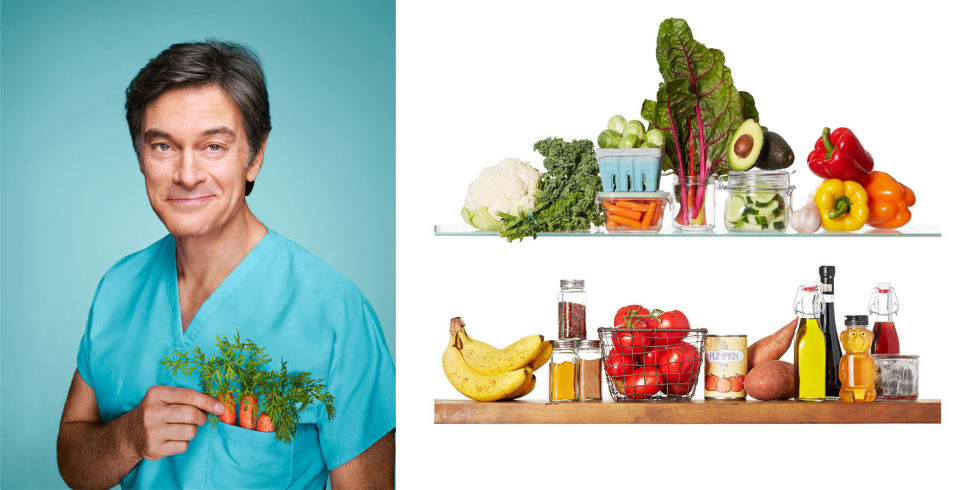Essential weight loss and dieting

Essential weight loss and dieting that enables everyone keep lean and active
Essential weight loss and dieting: Why dieting is not the answer to losing weight?
There are many weight loss avenues tailored towards helping obese people lose some weight. These are essential weight loss programs that benefits many today. We are aware that many people have resorted to dieting as a weight loss tool. But the question is “how effective is this?” there is no doubt that many people who are struggling with weight management have sought solace in dieting objectively to lose some extra pounds. However, dieting does not provide the best way to lose excess weight and maintain a slimmer, healthier body. Even if eliminating certain problem foods like sweets or high-fat items leads to temporary weight loss, most dieters end up re-gaining whatever weight they have lost for a few reasons. Traditional diet plans drastically reduce some of the foods that people enjoy eating and cause the dieter to feel deprived of all delicious treats.
Eating the same low-calorie meals each day leads to boredom, at which point giving up and going back to eating unhealthy foods becomes tempting. While a low-calorie diet will bring about quick weight loss, it often comes at the cost of low energy, making it difficult to get through the day. These factors explain why dieting is not the best answer to losing weight, and they do not offer a better alternative. Making small changes to promote an overall healthier lifestyle and incorporating both cardiovascular and weight-bearing exercise promote weight loss better than a traditional, restrictive diet.
Diets tend to emphasize on eliminating high-fat and high-sugar foods like fast food hamburgers and packaged cakes and cookies, but there is a simple reason why people prefer eating them that is to say: they taste great! While healthier foods like fresh fruits and vegetables can also tempt ones taste buds, packaged, processed foods tend to be convenient, inexpensive, and readily available. It takes more time to prepare a healthy, low-calorie meal than it does to pick up a sandwich and a soda from a drive-thru, and with most people working full-time jobs, it can be much easier to grab lunch and dinner from a restaurant than to go to the grocery store, pick out fresh food, and then spend part of one’s leisure time cooking it.
Essential weight loss and dieting: Distracting habits
Drive-thru windows provide cheap, ready-to-eat food and are so common that even the most well-intentioned dieter can become distracted on his/her way home and decide that spending a few dollars on fast food is faster and more convenient than having to cook. Instead of losing weight, the dieter may find him or herself staying exactly the same or even gaining a few pounds.
Food manufacturers and diet programs have noticed the desire for quick, easy meals and have responded by producing a wide variety of low-fat and/or low-calorie meal options. These options include traditional frozen TV dinners like those first made popular in the 1950s as well as newer choices like instant soups or packaged, pre-measured portions of tuna or pasta. Some diet programs even deliver prepared meals directly to the dieter’s home, eliminating the need to spend time at the grocery store. While pre-portioned, packaged meals are convenient and can provide healthier options than the fast food drive-thru, dieters often fall into the habit of eating the same foods every day. This may seem satisfying for a few days or weeks at a time, but before long, the thought of eating exactly the same lunch every single day feels boring and temptation sets in. The desire for a treat sets in and most dieters will find themselves succumbing to the temptation of chips, soda, or a piece of cake, and as one taste often leads to three or four, what started out as just a bite can turn into complete diet sabotage.
Essential weight loss and dieting: Why dieting is not the answer to losing weight?
http://www.integrativeaddictionconference.com/wp-admin


